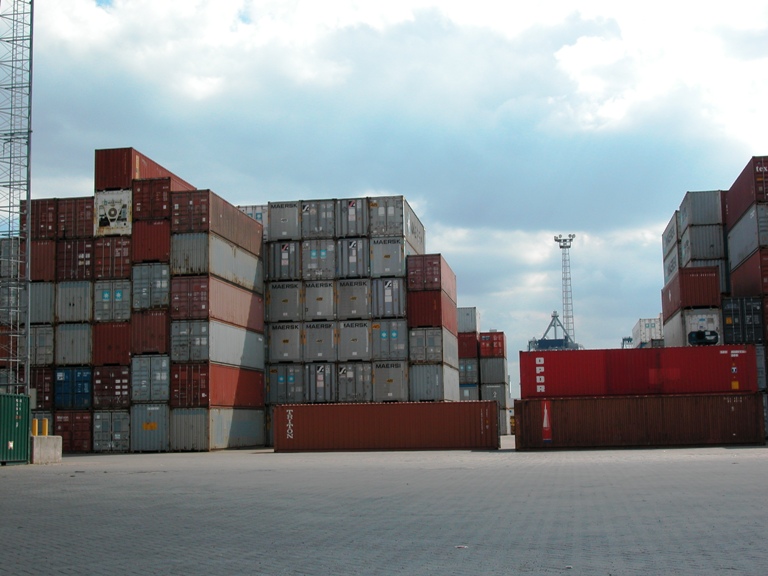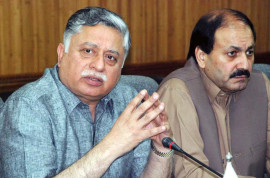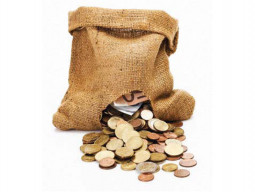
“The government has already held up about Rs240 billion of these sectors. Any increase in sales tax rate will aggravate cash flow problems for the factories,” representatives of the associations said at a press conference here at Pakistan Hosiery Manufacturers Association (PHMA) office.
They said that the government is unable to refund the amount of sales tax collected from the export sectors, therefore, it should stop levying sales tax on exports.
The current 2% sales tax should be withdrawn and the “No payment no refund regime” be revived because globally there is no tax on export sectors, they added.
They said that value-added textile exporters are already burdened due to rising tariff of electricity, gas and other essential raw materials which is leading to high costs of doing business in Pakistan compared to competing countries.
Huge amount of the exporters’ liquidity is blocked in sales tax refund claims amounting to Rs70 billion, customs rebate claims of Rs10 billion and Rs160 billion in other such claims.
Despite having the Generalised System of Preferences (GSP) Plus status, Pakistan’s textile exports have gone down by 16.23% in March 2015 compared with the same month of last year.
In light of this it is clear that any increase in sales tax would further lead to decline in the exports of Pakistan, which would result in the decline in foreign exchange earnings and inflate the trade deficit.
The PHMA added that the FBR should expand the country’s tax net to bring in more taxpayers rather than penalise genuine taxpayers and foreign exchange earners.
The “no payment no refund” system was introduced in 2005 in the country, and it continued for more than nine years. Exporters believe that this facility not only generated more revenues but also stopped the incidences of fake refunds and gave huge comfort to the exporters.
Published in The Express Tribune, May 7th, 2015.
Like Business on Facebook, follow @TribuneBiz on Twitter to stay informed and join in the conversation.












































COMMENTS (1)
Comments are moderated and generally will be posted if they are on-topic and not abusive.
For more information, please see our Comments FAQ